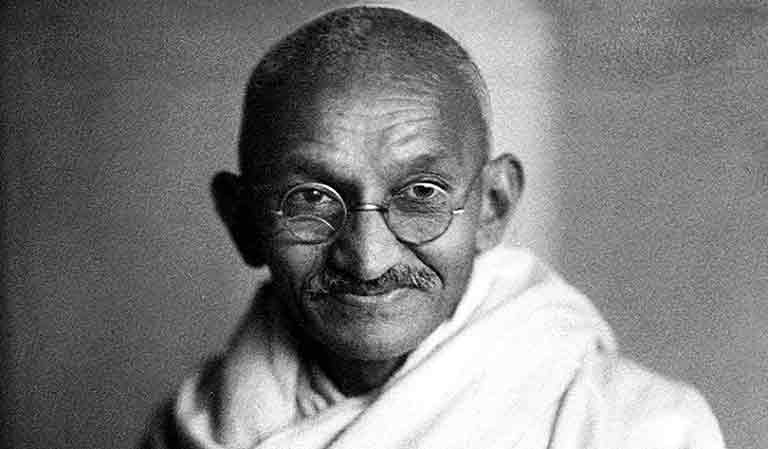Wren and Martin Comprehension Exercise 147
The Voice had to be listened to, not only on account of its form but for the matter which it delivered. It gave a message to the country that it needed greatly. It brought to the common people a realization of their duty to concern themselves with their affairs. The common, people were made to take an interest in the manner in which they were governed in the taxes they paid in the return they got from those taxes. This interest in public affairs – politics as you may call it – was to be the concern no longer of the highly educated few but of the many – the poor, the propertyless, the workingmen in town and country. Politics was not to be the concern of a small aristocracy of intellect property of the masses. And with the change in the subjects of politics that Voice bought about also a change in the objects of polities’. Till then politics had busied itself mainly with the machinery of Government towards making its personnel more and more native, with proposals for a better distribution of political power, with protests against the sins of omission and of commission of the administration. This Voice switched politics on to concern for the needs of the common people. The improvement of the lot of the poor was to be the main concern of politics and the politician. The improvement, especially of the lives of the people of the neglected villages, was to be placed before Governments and political organizations as the goal of all political endeavour. The raising of the standard of living of the people of the villages, the finding of subsidiary occupations which would give the agricultural poor work for their enforced leisure during the off season and an addition to (heir exiguous income, the improvement of the housing of the poor, the sanitation, of the villages – these were to be the objectives to be kept in view. In the towns, the slums and cheries were to receive especial attention. There was especially a class of the poor for which that compassionate Voice pleaded and protested. This was for the so-called depressed class, the outcastes of Hindu society. The denial of elementary human rights to this class of people it considered the greatest blot on Hindu society and history. It raised itself in passionate protest against the age-old wrongs of this class and forced those that listened to it to endeavour to remove the most outrageous of them like untouchability. It caused a revolution in Hindu religious practice by having Hindu temples thrown open to these people. It made the care of them a religious duty of the Hindus by re-naming them Harijans.
-Mr. Ruthnasami
1. Why had people to listen to “The Voice” of Mahatma Gandhi?
People had to listen to ‘The Voice’ due to its form and matter.
2. Why had people to take an interest in politics?
People were curious to how they were governed and what they got in return of the taxes they paid. So, they had to take an interest in politics.
3. What was the change brought about in the objects of politics?
Politics was switched to concern for the needs of common people. The improvement of the lot of the poor and of people living in penury was the goal of politics.
4. What improvements were made for the common man?
The standard of living of the people of the villages was raised. Subsidiary occupations for the agricultural poor during the off-season were found. The housing of the poor was improved. The age-old wrongs of the depressed class, like untouchability, were all removed.
5. Explain:-
(a) Sins of omission and of commission of the administration.
(b) No longer the monopoly of the classes, but the property of the masses.
(a) Things which ought to be done but omitted and serious blunders committed in administration.
(b) No longer in the exclusive hands of a handful of aristocrats but passed on in the hands of common men.






